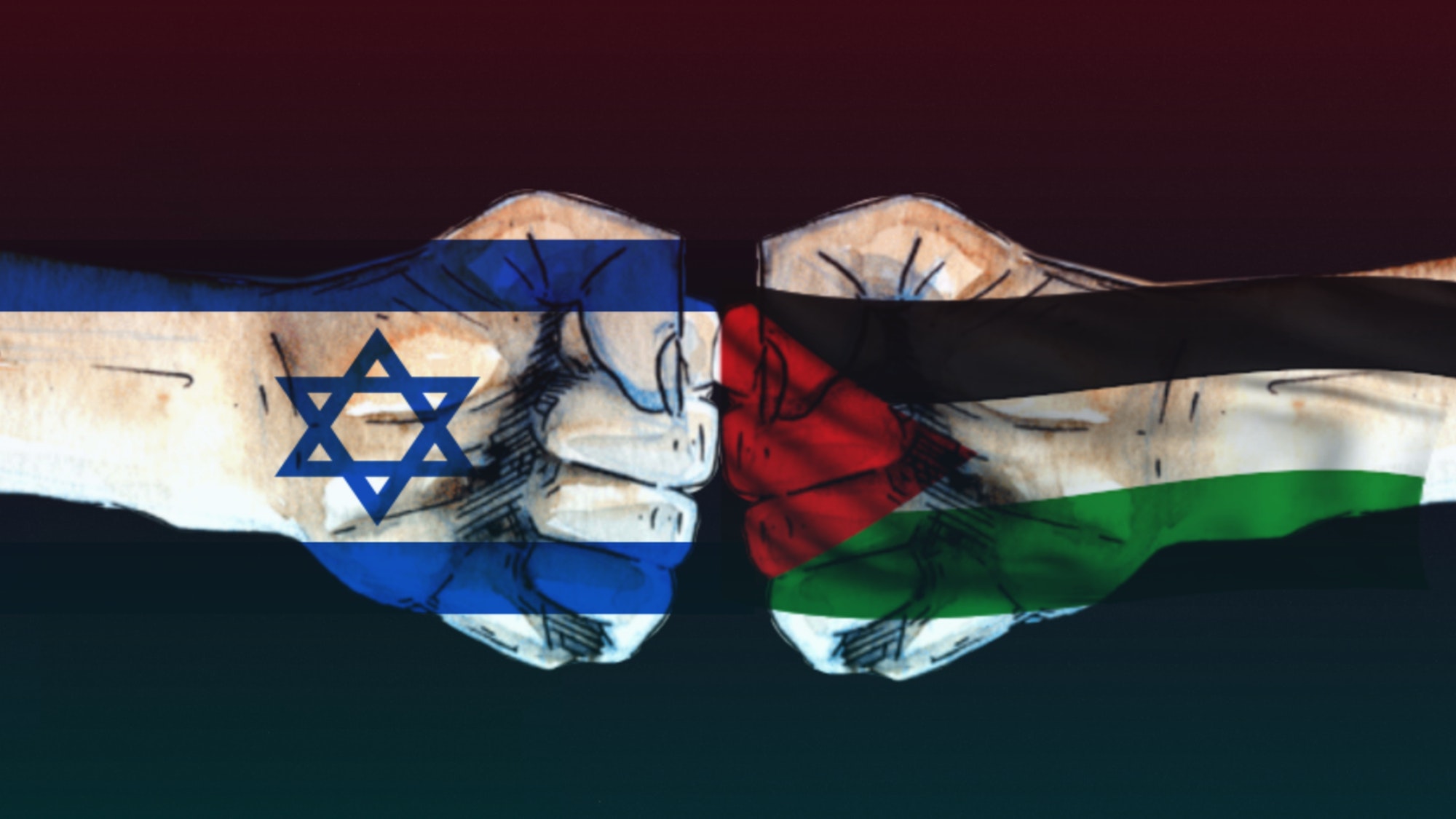The bandwagon on Diversity’s highway hit a serious obstacle in its forward progress following the outbreak of war. The climate changed immediately in Diversity’s meeting hall. Blinding smoke hid the light of Diversity’s sun. All is not well, and this is not new in the U.S.
The war between Israel and Hamas created a multitude of conflicts between the partisans of Israel and Hamas. These conflicts raised the question of to what degree our country can be a nation of many ethnicities. Here are some of my thoughts on the question.
Since the beginning of the war, rhetoric has escalated. Violence erupted in various places in our country and around the world. Institutions have censored members or fired them over partisan remarks. Accusations of hate crimes escalated.
We presumed Japanese citizens would take Japan’s side when the U.S. declared war on Japan after it attacked Pearl Harbor on December 7, 1941. One hundred and twenty-five thousand ethnic Japanese were rounded up and placed in detention camps. Many similar responses are found in our history books.
At the start of World War I, German immigrants became suspects. Yet, evidence records that a majority of them supported neutrality until the U.S. declared war on Germany and its allies.[i] American historian John Higham stated that the war “destroyed most of what remained of the old faith in America’s capacity to fuse all men into a ‘nation of nations.’”[ii] Will the American melting pot melt? The present fire under the pot produces fear, tears, anger, and hostility.
Today, fear flares about expressing one’s opinion. I have said more than once that the history of the tension between Israel and its opponents is extraordinarily complex. Since I do not live in that region, who am I to hold an opinion or take sides? All the while, I am very much aware of my biases. I am not the only one with biases. The internet fuels biases. It gives us instant information to support them or attack them. The availability of rapid information has positive and negative features. Edited video clips can twist, distort, and mislead viewers. Both sides put out information to support their position. Independent verification can be difficult to achieve rapidly in war.
The reality of propaganda and misinformation reminds me of the importance of patience and thorough investigation before I try to formulate opinions on matters related to the war. Available information doesn’t mean it is accurate.
Supporting an underdog in an athletic contest is typical for me. This mentality about the underdog influences our opinions and emotions in this war. Many people view Hamas as the underdog because of Israel’s military superiority. This blinds them to Israel’s concerns. I see hypocrisy on Israel’s part. They justify annihilating Hamas because of its crimes against Israel and its desire to annihilate Jews.
I mentioned above the excuses I use to avoid expressing opinions about the war. I do, however, read about the war. I purposely read opinions and analyses for both sides. I remember the Bible urges judges to thoroughly investigate crimes before rendering verdicts. (Deuteronomy 19:18) This principle means judges are to judge impartially. They must courageously judge righteously without favoritism.
People wanted Jesus to make judgments. His responses didn’t always please people. A man asked him to tell his brother to divide the inheritance with him. Jesus asked, “Man, who appointed me a judge or an arbiter between you?” Jesus then spoke to the crowd, “Watch out! Be on your guard against all kinds of greed.” (Luke 12:13-15) Now the man had to examine his motive for seeking his portion of the inheritance.
Jesus received the shocking news that Pilate mingled some Galileans’ blood with their religious sacrifices. Jesus declared those murders didn’t mean the dead Galileans were worse sinners than all the other Galileans. He told the people that unless they repented all of them would perish. Jesus called people to examine their hearts. (Luke 13:1-3) Do you and I need to repent, too?
I do judge. I suspect you do too. We don’t wait to criticize, accuse, or condemn others. We do it before verifying information. We do it before examining our hearts. We read or see something that supports our biases. We retweet it, forward it, or use the material for our posts. We don’t attempt to verify the story or claim. In so doing, we add fuel to the conflict. We put obstacles on the road that hamper harmonious Diversity. Will we do better than this? Let’s make every effort to remove obstacles to achieving peace for Israel and Gaza, in fact, for all of us. What are your thoughts?
[i] See chapter 2 in Allan C. Carlson’s The American Way: Family and Community in the Shaping of America. 2nd ed. Moscow, ID: Canon Press, 2021.
[ii] Ibid.

